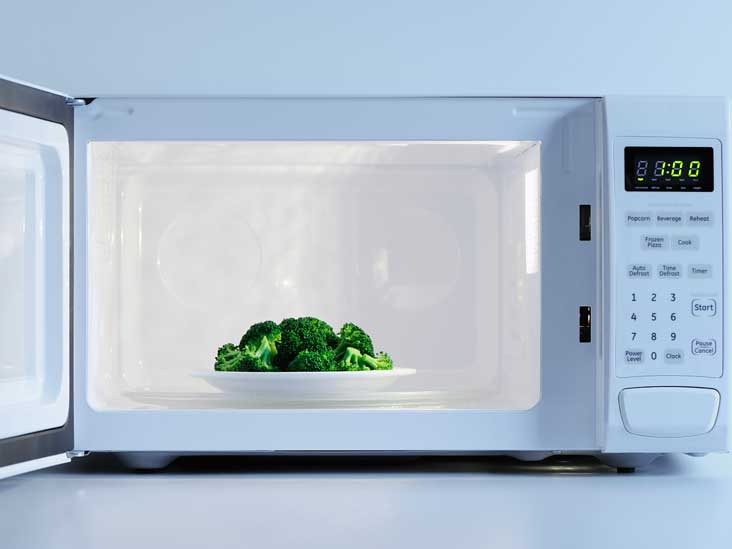Seongeung Lee, Youngmin Choi, Heon Sang Jeong, Junsoo Lee, and Jeehye Sung
Published online: Dec 12, 2017
Abstract
This study evaluated the effect of different cooking methods including blanching, boiling, microwaving and steaming on the content of vitamins in vegetables. True retention was estimated using the yield expressed as a ratio of the weight of the cooked sample to the weight of the raw sample. The retention of vitamin C ranged from 0.0 to 91.1% for all cooked samples. Generally, higher retention of vitamin C was observed after microwaving with the lowest retention recorded after boiling. Cooked vegetables were occasionally higher contents of fat-soluble vitamins, including α-tocopherol and β-carotene, than that of their fresh counterparts, but it depends on the type of vegetables. Microwave cooking caused the greatest loss of vitamin K in crown daisy and mallow; in contrast, it caused the least loss of vitamin K in spinach and chard. Cooking may cause changes to the contents of vitamins, but it depends on vegetables and cooking processes.











